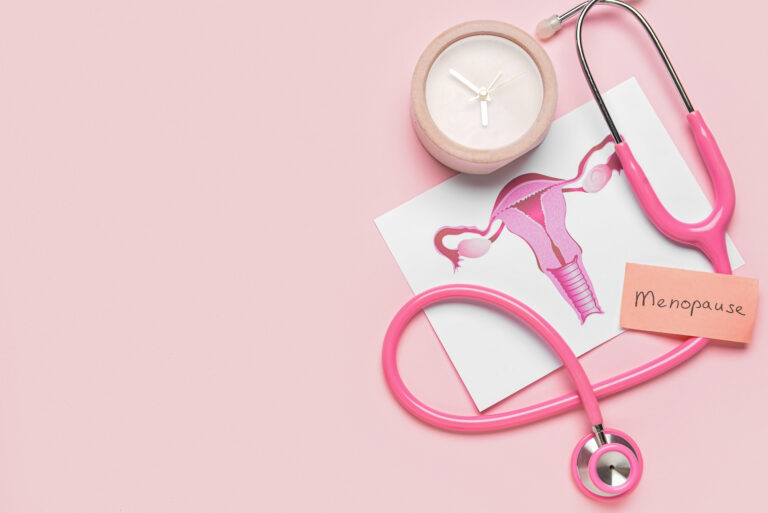What is Hormone Replacement Therapy?
Hormone replacement therapy (HRT) is a therapy designed to restore hormones to optimum levels in the body. This treatment is recommended for women who are experiencing symptoms or conditions related to imbalanced sex hormones (estrogen, progesterone and/or testosterone) or thyroid disorders.
To find out if you are a candidate for HRT, schedule a consultation with one of our trained practitioners who specializes in hormone therapy. Your practitioner will assess your current health and medical history, review symptoms and goals, and perform lab tests to develop a comprehensive treatment plan to restore hormone balance. At EVEXIAS, treatment may include pellet therapy, nutraceuticals, diet and exercise plans, and more.





